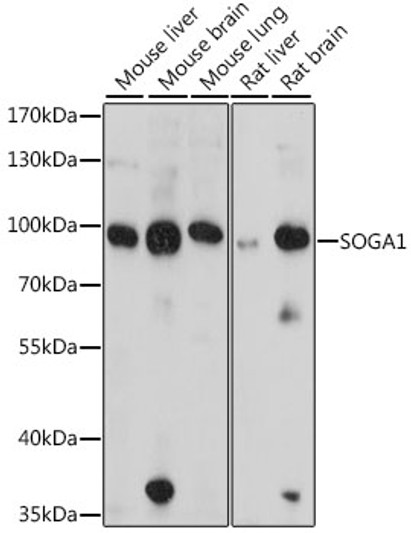| Post Translational Modifications | Phosphorylated. Undergoes ATR-dependent phosphorylation by CHEK1 during activation of DNA replication or damage checkpoints. Phosphorylation by CSNK1G1/CK1 promotes CHEK1 binding. Phosphorylated by CDC7 during DNA replication, phosphorylation inhibits interaction between the acidic patch and N-terminal segments leading to increased binding to DNA and PCNA. Ubiquitinated by the anaphase promoting complex/cyclosome (APC/C) during G1 phase, leading to its degradation by the proteasome. Ubiquitination is mediated via its interaction with FZR1/CDH1. Following DNA damage, it is deubiquitinated by USP28 in G2 phase, preventing its degradation. Proteolytically cleaved by caspase-7 (CASP7) in response to apoptosis, leading to its inactivation. |
| Function | Required for checkpoint mediated cell cycle arrest in response to inhibition of DNA replication or to DNA damage induced by both ionizing and UV irradiation. Adapter protein which binds to BRCA1 and the checkpoint kinase CHEK1 and facilitates the ATR-dependent phosphorylation of both proteins. Also required to maintain normal rates of replication fork progression during unperturbed DNA replication. Binds directly to DNA, with particular affinity for branched or forked molecules and interacts with multiple protein components of the replisome such as the MCM2-7 complex and TIMELESS. Important for initiation of DNA replication, recruits kinase CDC7 to phosphorylate MCM2-7 components. |
| Protein Name | ClaspinHclaspin |
| Database Links | Reactome: R-HSA-111465Reactome: R-HSA-176187Reactome: R-HSA-5689880Reactome: R-HSA-5693607 |
| Cellular Localisation | Nucleus |
| Alternative Antibody Names | Anti-Claspin antibodyAnti-Hclaspin antibodyAnti-CLSPN antibody |
Information sourced from Uniprot.org









